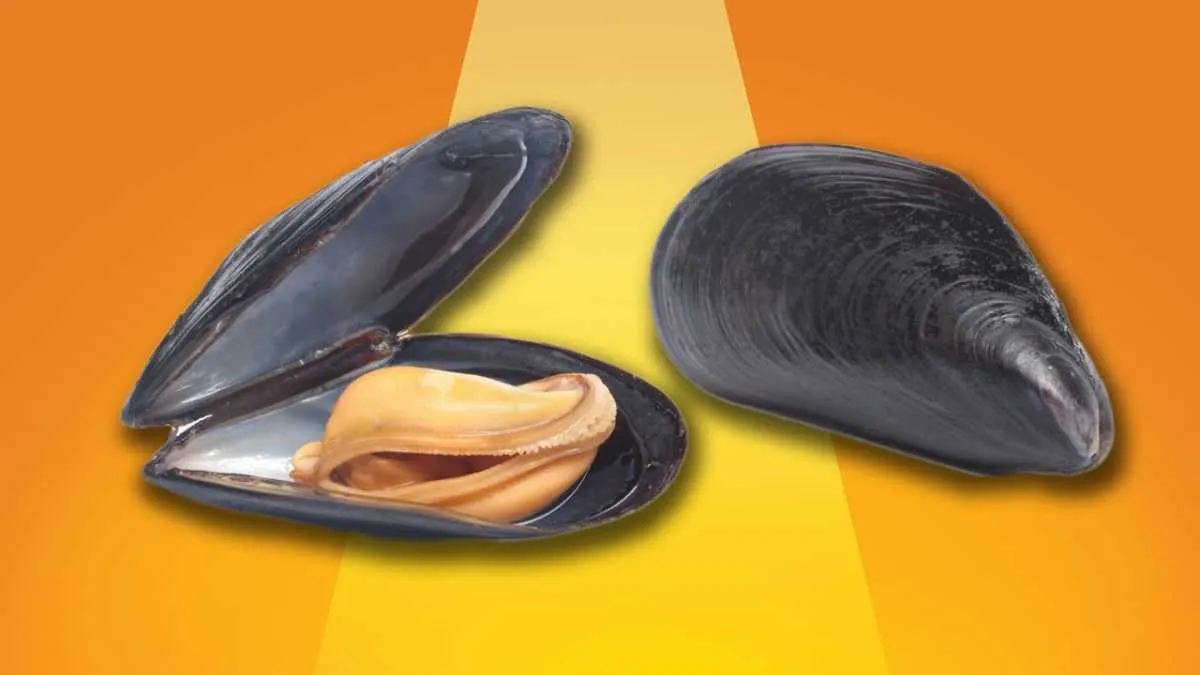
Eat more: Mussels
These shellfish can be grown on ropes, causing minimal damage to the marine ecosystem. But they can also absorb carbon from the environment to grow their shells. What’s more, being filter feeders they require no feed input whatsoever. They’re full of fatty acids and vitamins too.
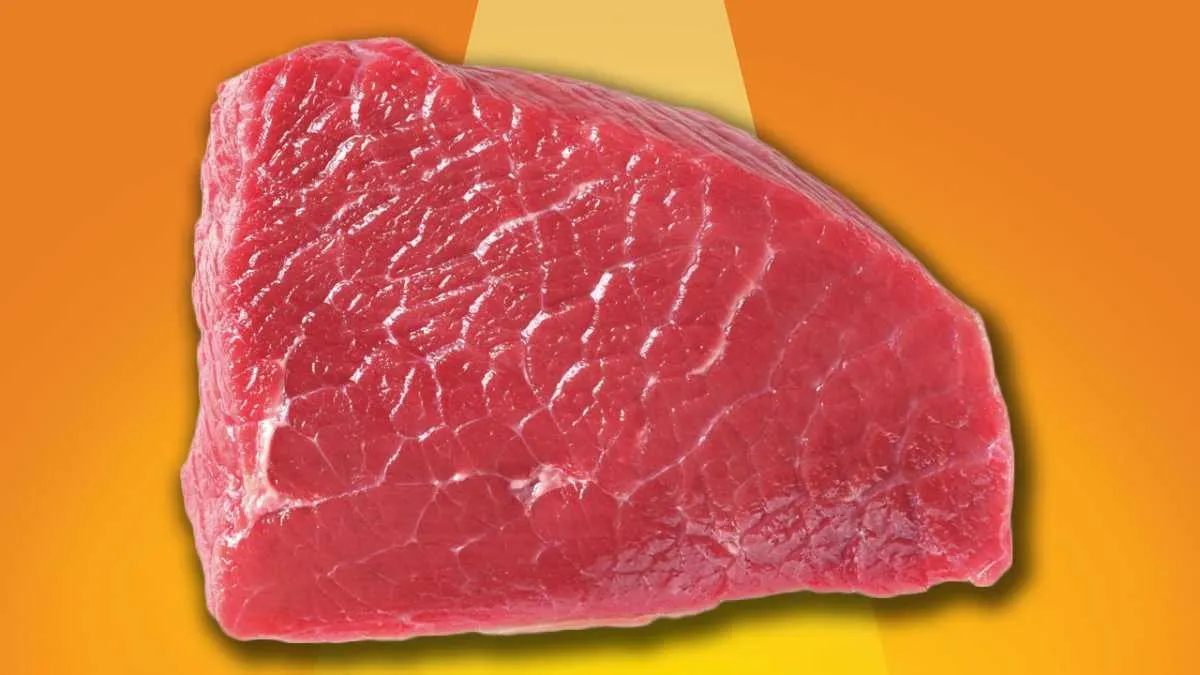
Eat less: Beef
While there are issues with farmed meat in general, beef is in a league of its own. One study estimated that beef requires 28 times as much land as the same amount of poultry and pork, as well as 11 times as much water and it produces five times as much greenhouse gases.
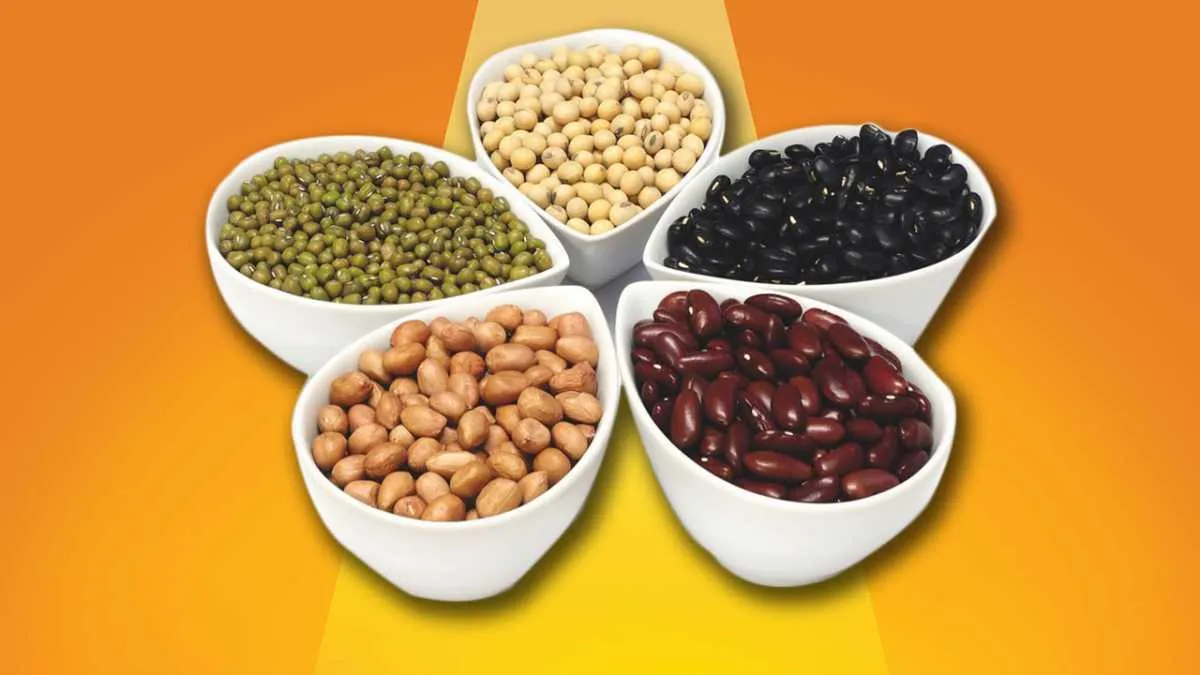
Eat more: Legumes
Compared to other protein sources, legumes – beans, peas and lentils – require little water or fertiliser, and their carbon footprint is low. These plants even ‘fix’ nitrogen from the atmosphere into the soil, converting it into ammonia that other plants need to grow.
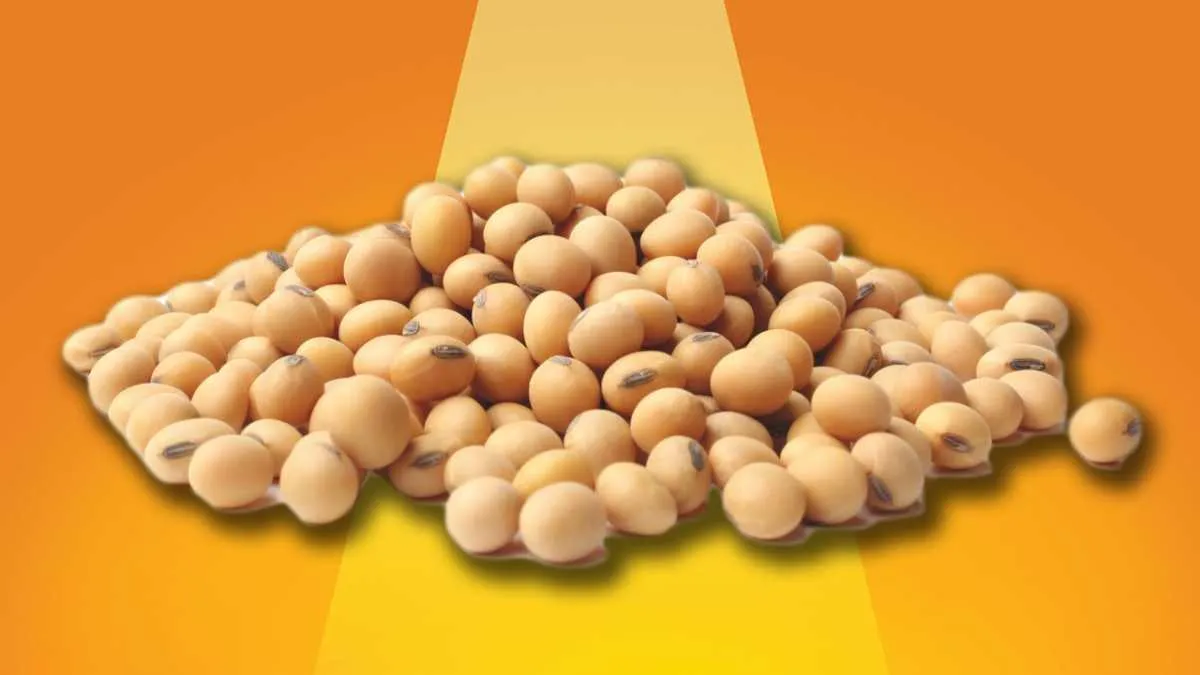
Eat less: Soy
Linked with everything from groundwater contamination to deforestation of the Amazon rainforest, soy is high up in the rankings of worst foods for the environment. But it’s not the vegan munching on a soy burger who should feel bad – around 75 per cent of all soy is fed to livestock.
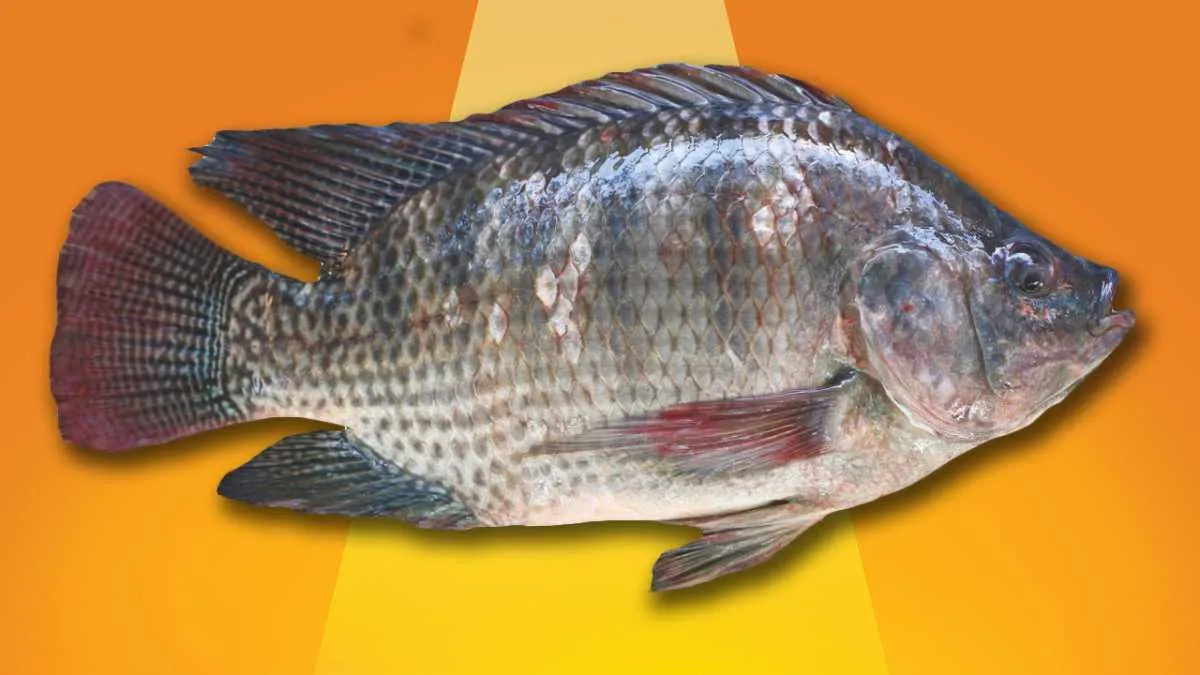
Eat more: Tilapia
These freshwater fish can be grown in closed tank systems, avoiding the water pollution usually associated with fish farms. As they are not carnivores like many commercial fish species, they don’t need to be fed fishmeal, which means their diet doesn’t deplete wild fish stocks.
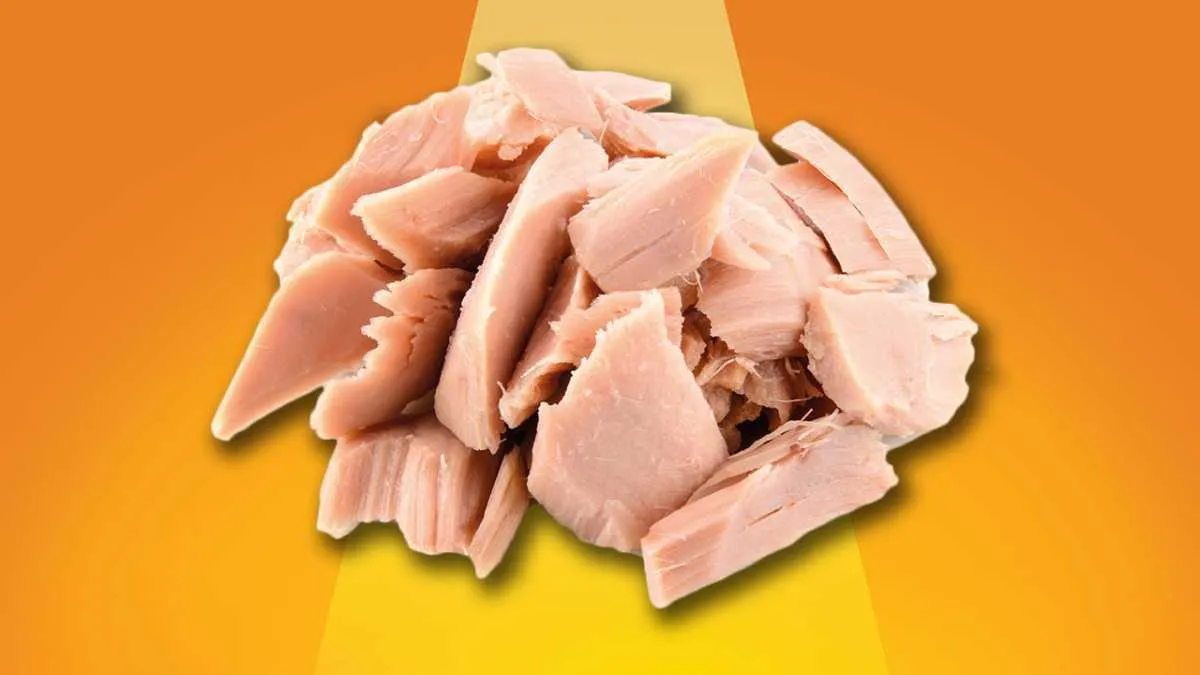
Eat less: Tuna
It’s possible to purchase ‘ethical’ tuna, but it’s difficult to navigate the various species and fishing methods in order to ensure it is sustainably sourced. Skipjack is good, Bluefin is bad. Pole-and-line is good, long line is bad. Your best bet is probably to stick to safer options if you fancy some fish.
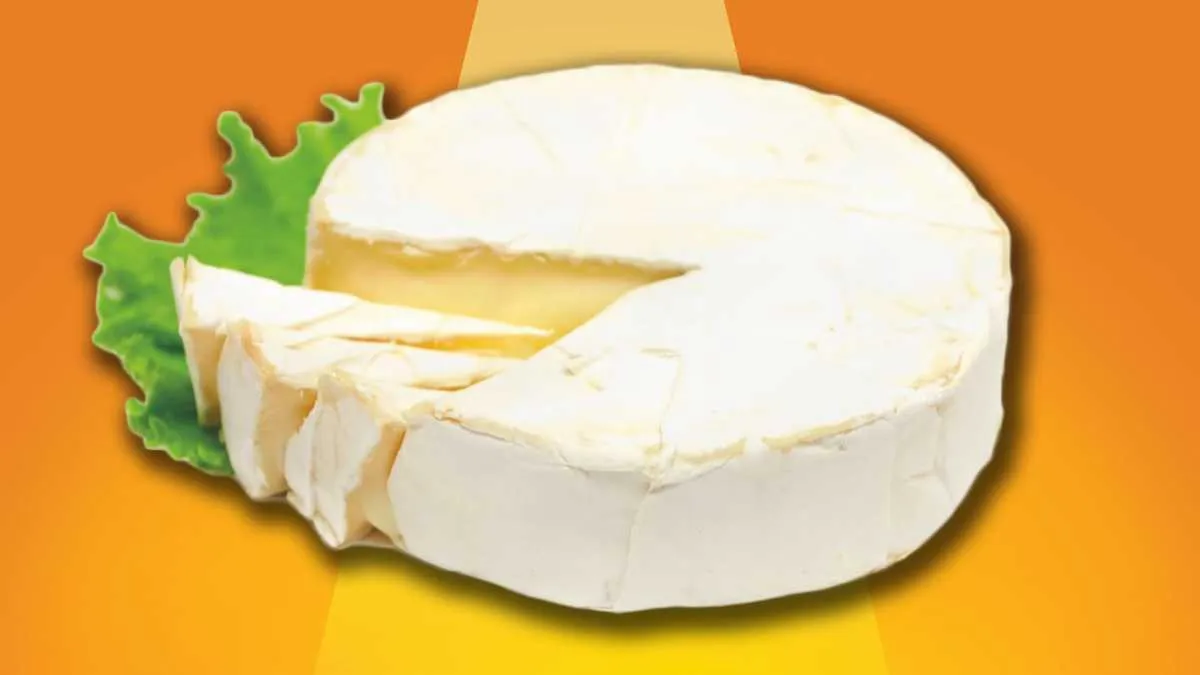
Eat more: Soft cheese
Cheese generates the most greenhouse gases after red meat, which is something that non-vegan vegetarians ought to bear in mind. However, if you must eat it, opt for the other varieties as they contain less milk, and tend to require less energy during the production phase.

Eat less: Sugar
The huge quantities of sugar produced around the world have a significant environmental impact. Sugar cane is one of the world’s thirstiest crops, and the conversion of sensitive habitats like Vietnam’s Mekong Delta into sugar monoculture has seriously harmed biodiversity.
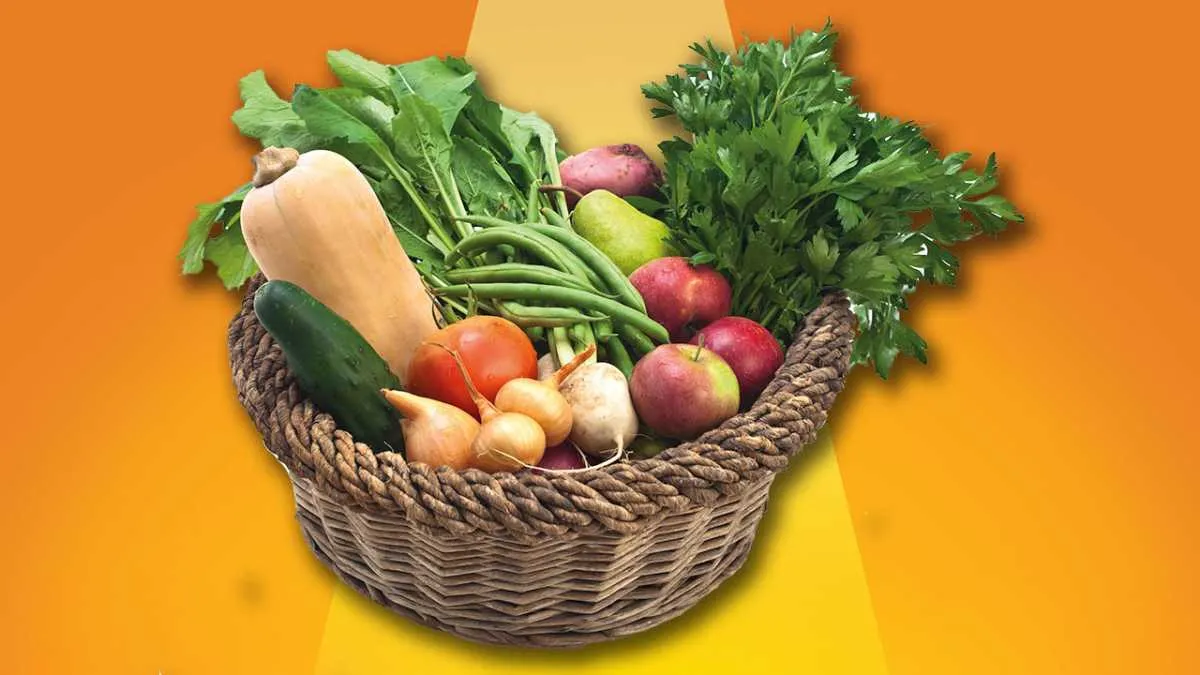
Eat more: Local, seasonal fruit and vegetables
Yes it can be somewhat limiting, but around 10 per cent of any food item’s greenhouse gas emissions comes from its ‘food miles’. You can limit those emissions if you buy produce that was grown across the street, not across the ocean.
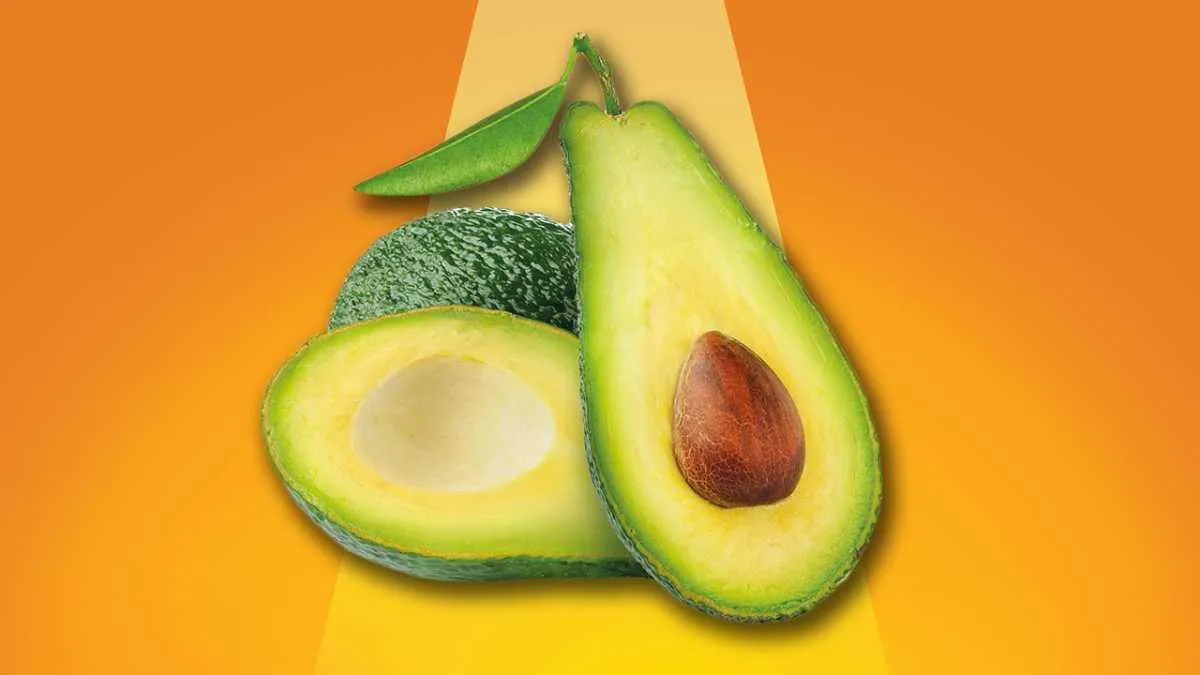
Eat less: Avocado
Since avocados have become synonymous with a hip, healthy lifestyle, it’s easy to forget that they are no friend to the planet. It takes around 272 litres of water to produce two or three avocados, and many of them are being grown in the drought-stricken farms of California.
All images © Getty
Follow Science Focus onTwitter,Facebook, Instagramand Flipboard